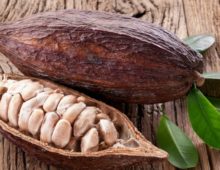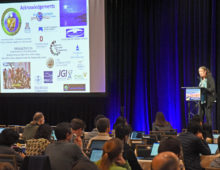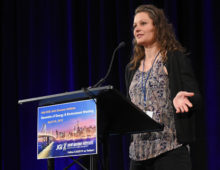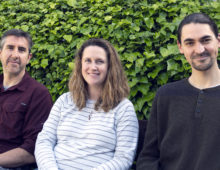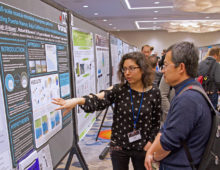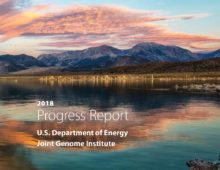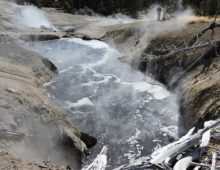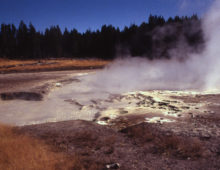Improving the Cacao Genome and Phytozome
According to the International Cocoa Organization (ICCO), global cocoa bean production in 2017-2018 was 4.6 million metric tons. The global chocolate brands couldn’t exist without cocoa. But today the plant is under threat due to climate change and devastating fungal infections. That’s why Mars, Inc., a maker of chocolate for more than 100 years and… [Read More]
